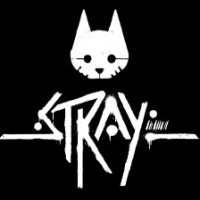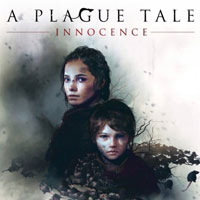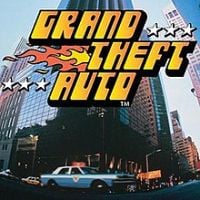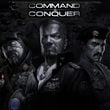NieR: Automata – Coca-Cola vending machine. The Unusual Inspirations Behind Famous Video Games
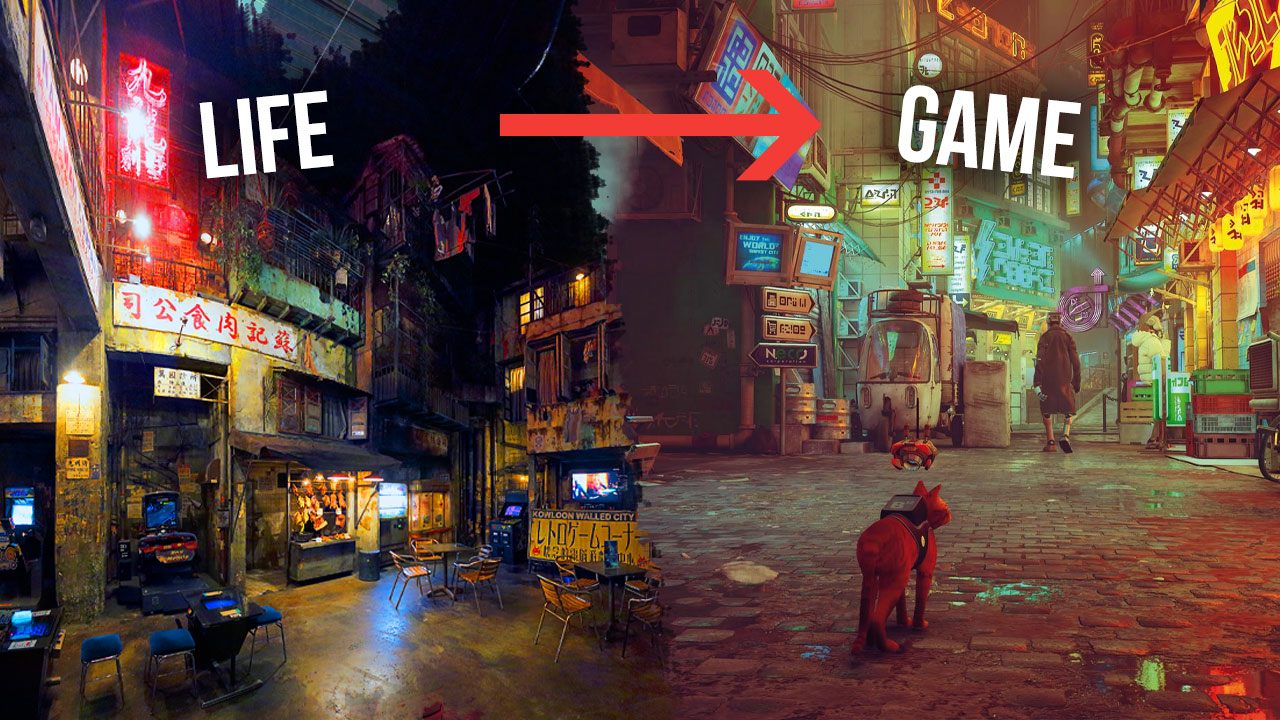
- The Unusual Inspirations Behind Famous Video Games
- Plague Tale: Innocence – a TV commercial and Japanese PS2 classic
- Command & Conquer – Gulf War
- NieR: Automata – Coca-Cola vending machine
- Stray – a housing estate in Hong Kong
- Silent Hill – Jacob's Ladder
NieR: Automata – Coca-Cola vending machine
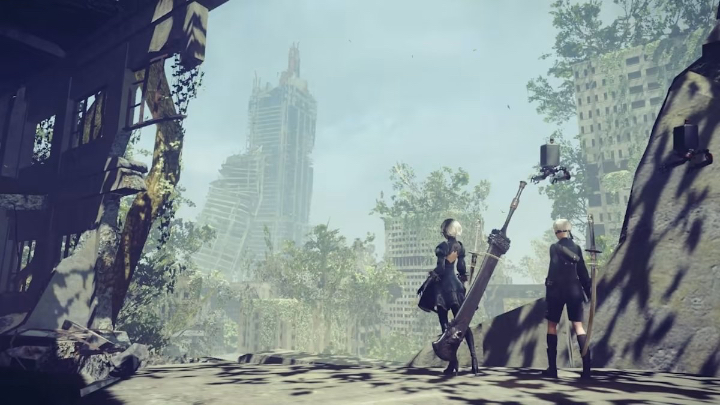
- Genre: action game with RPG elements
- Release year: 2017
- Developer: Platinum Games
NieR: Automata is one of the most interesting and outstanding games of recent years. It's delightful in terms of artistic direction, music, gameplay mechanics, the creative use of the camera and, finally, a complex, engaging and branching storyline, as well as extraordinary narrative. The story of androids fighting alien civilizations in the post-apocalyptic ruins of our planet are hardly evocative of the carbonized teeth killer. In this case, we're talking about a single, small element of the game, but it's perhaps even more interesting than the fact that the open world formula was based on The Legend of Zelda: Ocarina of Time.
In the "E ending" of NieR, you can create your own, positive message for other players around the world to see. The sentence consists of three segments that you can choose from a pool of available expressions to put together your own combination. One fan collected them all in a text file – it turned out there are over 300 phrases available across all the segments. And the idea of sending a reassuring message came about thanks to Coca-Cola.
A well-known company used it in a special marketing campaign against hatred and promoting peace in the world. In two cities of the conflicting countries: Lahore in Pakistan and New Delhi in India, special vending machines with cameras were installed, which enabled live video link . In this way, the people of Pakistan could remotely meet passersby in India and make some positive gesture towards them (and vice versa), encouraged by the properties and messages of the vending machine. Friendly actions were rewarded with cans of soda. So, Coca-Cola created machines, in which a drink could be bought with a nice, sympathetic behavior.
Yoko Taro – the creator of NieR – revealed his inspiration at a developer conference in San Francisco. He emphasized that at first, he planned to make messages from the game appear only in countries that shared real conflicts, but he soon gave that idea up, afraid of accusations of forcing his beliefs upon players of certain nationalities. So, the messages are exchanged randomly between users from different countries, with the positive message effect preserved anyway.
